Anita Watson, Anna Starushkevych, Nicky Spence, James Platt, Navarra Quartet & Lada Valešová - Fata Morgana: Song by Pavel Haas (2017) [Hi-Res]
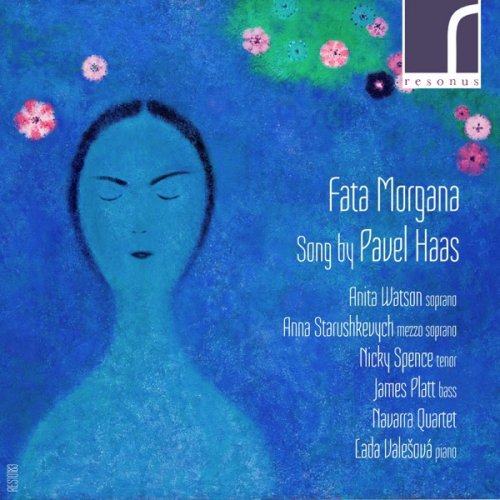
Artist: Anita Watson, Anna Starushkevych, Nicky Spence, James Platt, Navarra Quartet, Lada Valešová
Title: Fata Morgana: Song by Pavel Haas
Year Of Release: 2017
Label: Resonus Limited
Genre: Classical, Vocal
Quality: flac lossless / flac 24bits - 96.0kHz +booklet
Total Time: 01:09:26
Total Size: 269 mb / 1.3 gb
WebSite: Album Preview
TracklistTitle: Fata Morgana: Song by Pavel Haas
Year Of Release: 2017
Label: Resonus Limited
Genre: Classical, Vocal
Quality: flac lossless / flac 24bits - 96.0kHz +booklet
Total Time: 01:09:26
Total Size: 269 mb / 1.3 gb
WebSite: Album Preview
---------
01. Sedm písní v lidovém tónu, Op. 18: I. Což je víc!
02. Sedm písní v lidovém tónu, Op. 18: II. Dárek z lásky
03. Sedm písní v lidovém tónu, Op. 18: III. Krotká holubička
04. Sedm písní v lidovém tónu, Op. 18: IV. Zrušení slibu
05. Sedm písní v lidovém tónu, Op. 18: V. Přípověď
06. Sedm písní v lidovém tónu, Op. 18: VI. Slzy a vzdychání
07. Sedm písní v lidovém tónu, Op. 18: VII. Statečný jonák
08. Fata Morgana, Op. 6, Part I: I. Když šla kolem mě rychlými kroky
09. Fata Morgana, Op. 6, Part I: II. Noc je noc plného máje
10. Fata Morgana, Op. 6, Part I: III. Mé srdce pták houštin
11. Fata Morgana, Op. 6, Part II: IV. Má milá, srdce mé touží
12. Fata Morgana, Op. 6, Part II: V. Jsi oblak večerní
13. Čínské písně, Op. 4: I. Smutek
14. Čínské písně, Op. 4: II. Na řece Jo-Yeh
15. Čínské písně, Op. 4: III. Jarní déšť
16. Čtyři písně na slova čínské poezie: I. Zaslech jsem divoké husy…
17. Čtyři písně na slova čínské poezie: II. V bambusovém háji
18. Čtyři písně na slova čínské poezie: III. Daleko měsíc je od domova
19. Čtyři písně na slova čínské poezie: IV. Probděná noc
Resonus is pleased to present this significant new recording of vocal works by the early-twentieth century Czech composer, Pavel Haas.
Featuring four song cycles composed by Haas at various stages in his life, this captivating album includes the world premiere recording of Fata Morgana, Op. 6 – Haas’s first major work composed following studies with Leoš Janáček in 1922. Pianist Lada Valešová is joined by an exceptional array of singers as well as the acclaimed Navarra Quartet in a vivid portrait of this neglected composer.
„I first came across the music of Pavel Haas while researching the links between the Czech composers and their students. This line of enquiry led me from Leoš Janáček to Pavel Haas, one of his most significant and original students.
From the very first moment Haas’s music has mesmerised me: it was an exciting discovery and a wonderful challenge. The unique fusion of the local Moravian folklore influences, of jazz and film music of his time ( his brother Hugo Haas was one of the most popular actors in the pre-war Czechoslovakia ), with the echoes of the synagogue chants, which he heard as a child when visiting his uncle, a Jewish community cantor, as well as Haas’s intricate work with harmonic and rhythmic patterns, and the formative influence of his composition teacher Janáček: all these factors united in a highly original musical language of great coherence, depth and wit. While Haas’s music captures the zeitgeist of his era, its roots reach deep into the Czech musical tradition, where the ancient Saint Wenceslas choral resonates, rousing the Czech nation to courage in the times of hardship.
My interest further led me to Haas’s daughter, Olga Haasová-Smrčková. Meeting this remarkable lady, the closest living relative of the composer, provided another impulse and inspiration for my work. Her wit and energy, regardless of her advanced age and frail health, her inner fire and inner strength made me think of what her father would have been like. It is an unspeakable tragedy that his life has been so cruelly cut in its prime, and one can but ponder on what another masterpieces Pavel Haas could have had composed. But we are fortunate to have the music he’s left us, which speaks on his behalf.
The ambition behind this album is double: to share the exquisite song cycles by Pavel Haas, and to present, for the first time, the magic of his Fata Morgana to the wider audience, but it is also to inspire others to get hold of the music, to study it, and make it a regular part of the repertoire on records and concert platforms. The legacy of Pavel Haas deserves that, and more.“ (Lada Valešová)
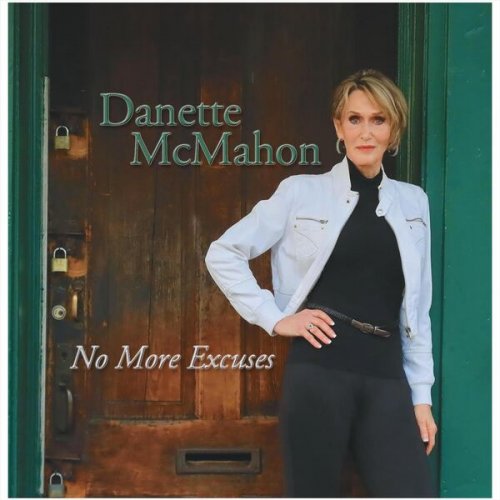
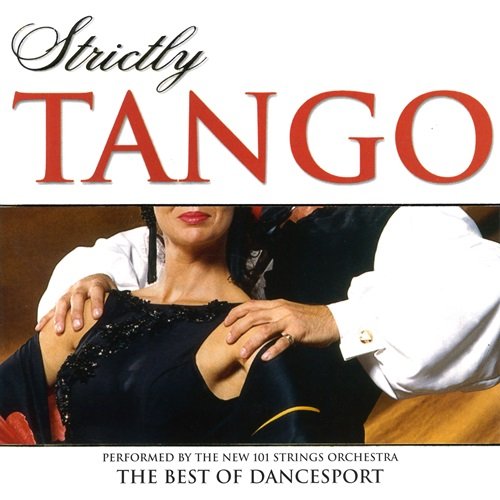



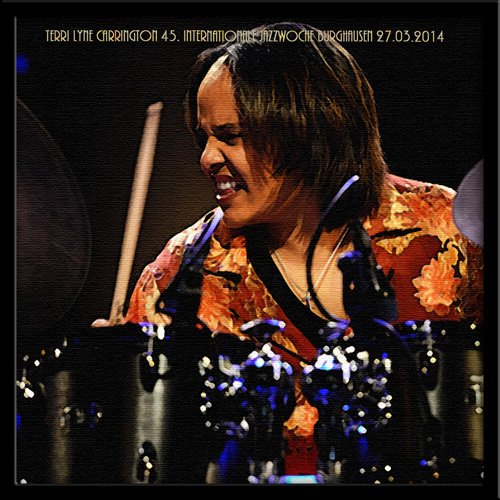

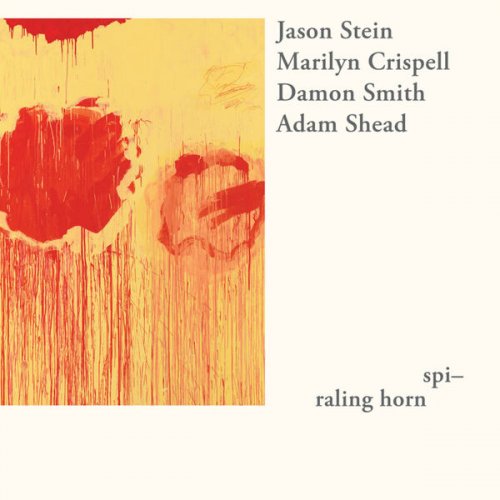
![The Mood Mosaic - Erotheque (Unleashing Groovy Musical Lust) (2026) [Hi-Res] The Mood Mosaic - Erotheque (Unleashing Groovy Musical Lust) (2026) [Hi-Res]](https://www.dibpic.com/uploads/posts/2026-02/1770314023_cover.jpg)